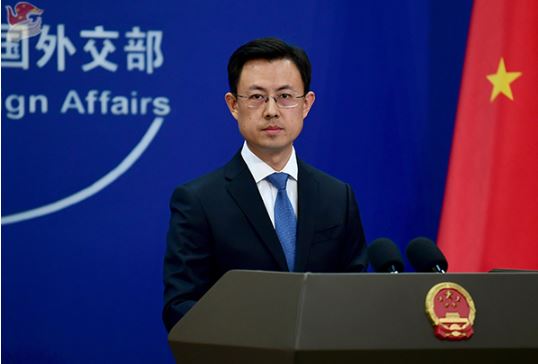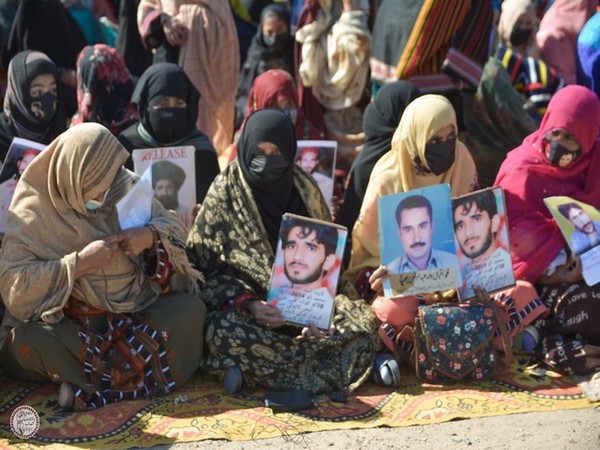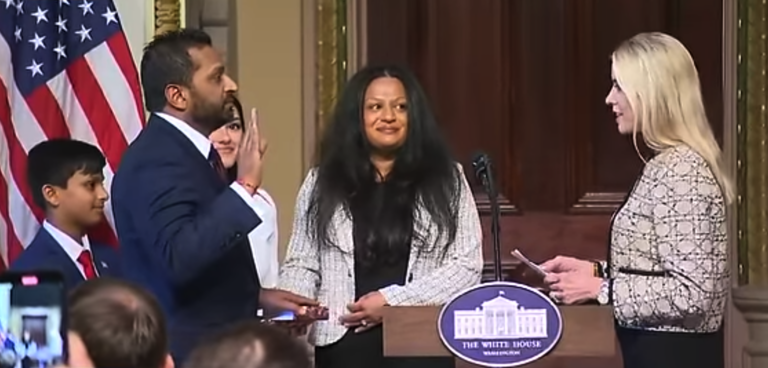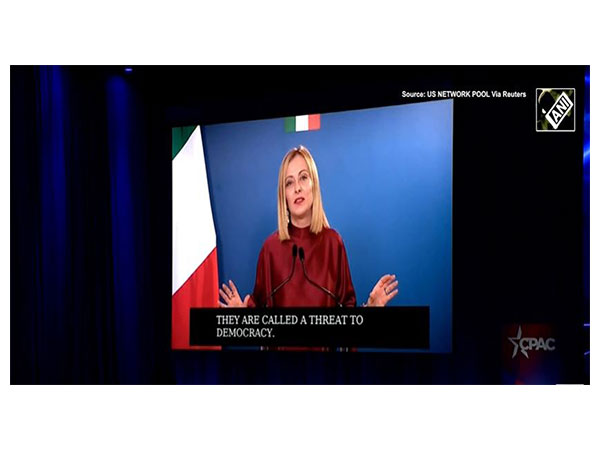
London [UK], May 4 (ANI): The coronavirus pandemic has dealt a body blow to China ‘s landmark initiative for global influence domination — the Belt and Road initiative (BRI ) with most of the 142 recipient nations now seeking to renegotiate the deal.
Chinese policy advisers and bankers told the Financial Times that Beijing was considering a number of responses, including the suspension of interest payments on loans from the country’s financial institutions. But they also warned against expectations that China will forgive debts outright.
“We understand a lot of countries are looking to renegotiate loan terms,” said a researcher at the China Development Bank, a Chinese ‘policy bank’ that — along with the Export-Import Bank of China — spearheads hundreds of billions of dollars in lending to BRI projects around the world.
“But it takes time to strike a new deal and we cannot even travel abroad right now. The BRI loans are not foreign aid. We need to at least recoup principal and a moderate interest. It is okay for 20 per cent of our portfolio projects to have problems,” the researcher said on conditions of anonymity. “But we cannot tolerate half of them going under. We might consider extending loans and giving interest relief.
But in general, our loans are issued according to market principles,” he was quoted by the Financial Times further. The BRI , which was launched in 2013 as the signature foreign policy initiative of Chinese President Xi Jinping , is aimed at building infrastructure and boosting Beijing’s influence around the world.
Most of the countries that have officially signed up to the project are developing countries, with the weakest credit ratings in the world. Several nations that have applied to Beijing for debt relief are understood to be in Africa, where the Chinese government, banks and contractors have lent USD 143 billion between 2000 and 2017, according to the Johns Hopkins School of Advanced International Studies.
Last month, China inked a G20 agreement to freeze bilateral loan repayments for low-income countries until the end of the year. The initiative said that it covered “all official bilateral creditors”, a definition that appeared to include lending from Chinese policy banks.
However, diplomats said that the process of identifying which loans in which countries will be eligible has only just begun and negotiations were being undertaken with China on a bilateral basis — handing a great deal of leverage to Beijing, the Financial Times reported.
A policy adviser to the Chinese government, upon conditions of anonymity, was further quoted as saying by the newspaper that Beijing’s preferred option in dealing with national requests for debt relief would be to “suspend interest payments” on loans. However, some borrowers with “good market order” may be allowed to reschedule their loans. Forgiving debt permanently would be a “last option”, the adviser stated.
But, Mei Guanqun, a researcher at China Center for International Economic Exchanges, a government think-tank in Beijing, told the Financial Times that the country had not formulated any plans on dealing with the growing requests for debt relief. “But there are a few rules of thumb,” he said. “First, China ‘s commercial banks like (Bank of China) and (Industrial and Commercial Bank of China ) are unlikely to forgive loans because they are under pressure from Beijing to meet financial targets,” Mei further said.
“Second, China Development Bank and China Exim Bank may provide sovereign loan relief to countries that are friendly with us,” he continued. “We may cut interest rates by a few percentage points or have it removed. We could also reduce principal payment by a moderate amount.
The idea is to keep borrowers from going under, which may undermine our interest,” the researcher further said. One thing is clear that the BRI is suffering a body blow, the newspaper said. With so many recipient countries facing economic peril, the calls for debt relief will only grow, depriving progress for Xi’s grand plans.
“Progress of China’s BRI infrastructure projects will hit a roadblock due to the ongoing…pandemic,” wrote Fitch Solutions in a research report published this month. “As the global economy sinks into a recession, BRI countries, especially frontier markets, are unlikely to take on fresh debt to finance new projects in the near term,” it added. (ANI)





